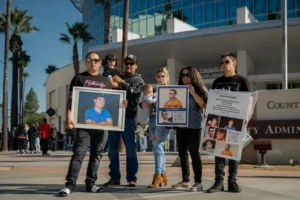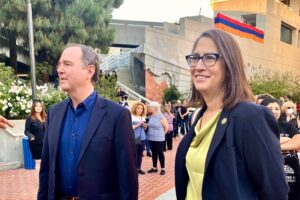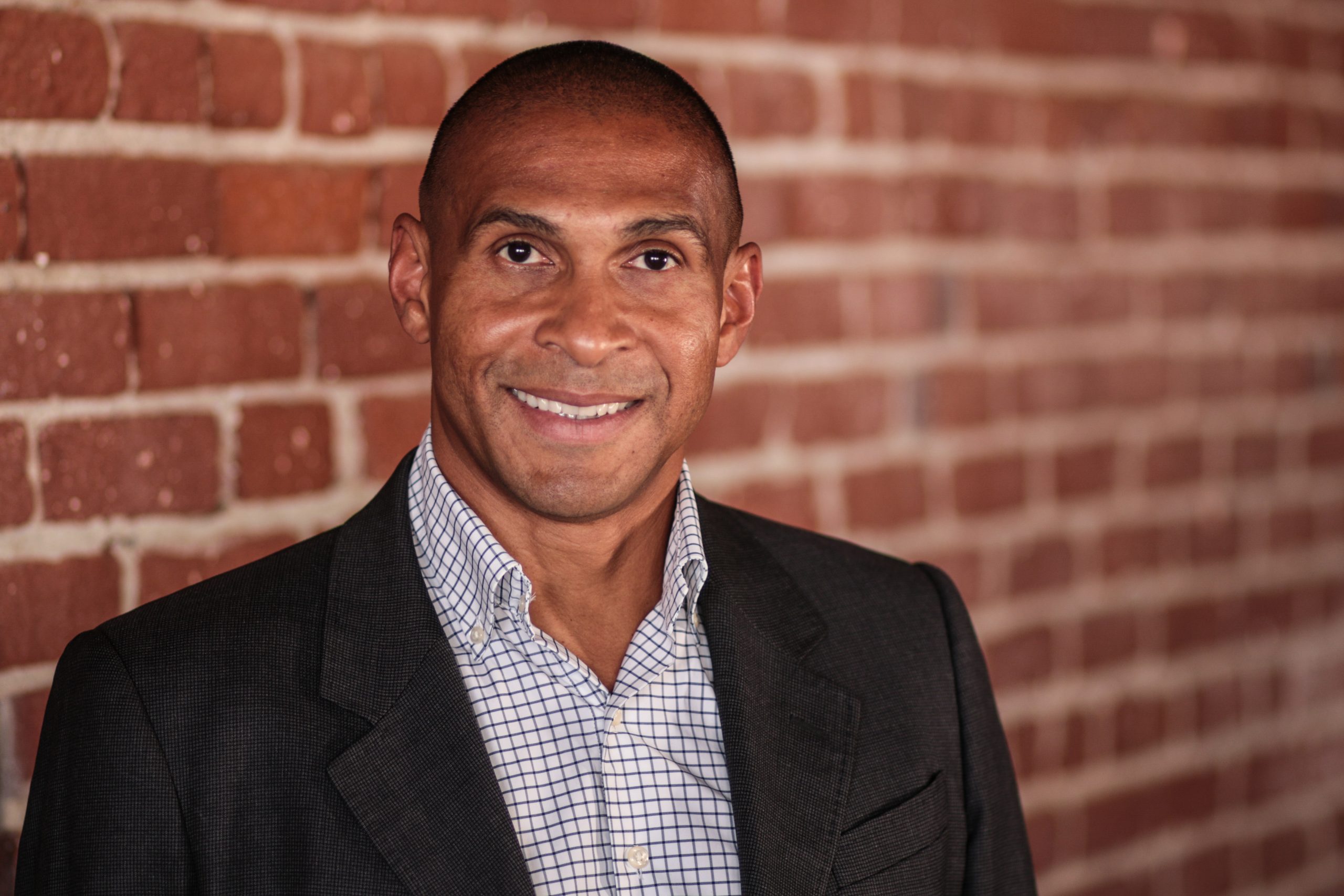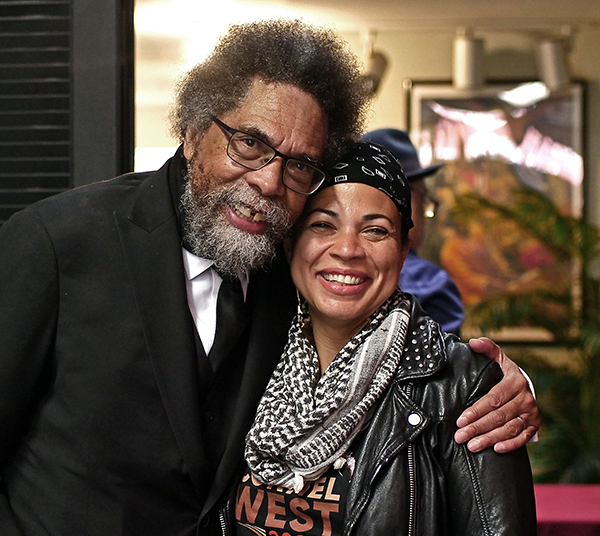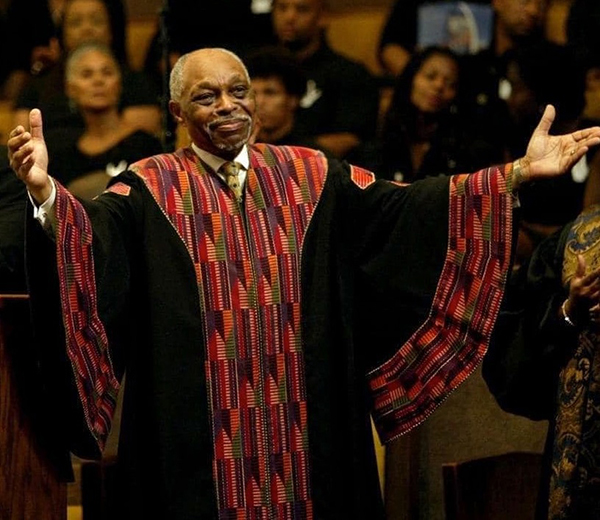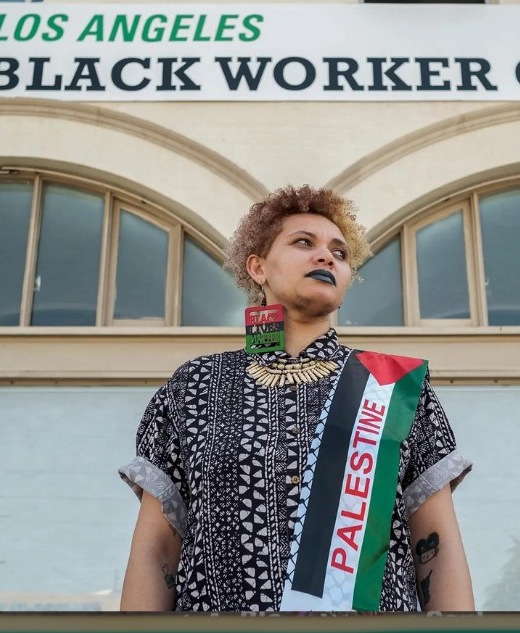By Sue Favor
Contributing Writer
LOS ANGELES — Local developer Martin Muoto is expanding his efforts to create affordable housing in Black and Latino communities with a new national approach.
Muoto, the chief executive officer of the real estate form SoLa Impact LLC, last week launched the Black Impact Fund, which focuses on larger areas and targets community nonprofit organizations with give-back funds.
Like SoLa Impact, which Muoto founded in 2012, the Black Impact Fund seeks investors in opportunity zones — a 2017 tax designation that allows buyers in designated economically distressed areas to receive tax breaks. But not only will the new fund aim to raise $500 million in opportunity zone areas, but will strive to raise the same amount in areas near those zones.
The fund will model SoLaImpact, where Muoto has three funds of $180 million in opportunity zones, with which he has built and remodeled affordable housing, as well as some commercial properties. Investors outside of opportunity zones will benefit from residual property appreciation and can take advantage of other tax breaks.
Unlike its L.A.-based predecessor, the Black Impact Fund will focus on both large and mid-sized cities across the country, including Atlanta and Philadelphia. If successful, it would be one of the largest real estate ventures ever to focus on minority areas.
“In many ways, the Black Impact Fund is really a full realization of our motto of ‘Doing Well by Doing Good,’” Muoto said. “There is now a broad consensus that investing in African American and Latinx communities and fund managers is critical; and dozens of banks, Fortune 100 companies, foundations and endowments have made public commitments to do so. The Black Impact Fund is about creating practical solutions to the growing racial and income inequality that continues to polarize the country.”
Muoto has focused on areas that lack affordable housing, and which many are afraid to invest in. To cement the efforts of SoLa Impact, he created a nonprofit organization that provides scholarships and education resources to youth and job training to adults.
Similarly, the Black Impact Fund will include the Black Community Fund. Thirteen percent of fees and asset appreciation will go to a nonprofit organization that will provide community and educational programs.
“Thirteen percent is an important number, not only because it represents a very meaningful ‘impact allocation’ that goes directly towards the communities we invest in, but it also represents the percentage of African-Americans in the U.S.,” said Sherri Francois, chief impact officer of the fund.
The timing for Muoto’s new endeavor could be good, as thousands of Americans have been evicted or have lost homes during the pandemic this year, which has caused millions to lose their jobs.
According to data collected by the Center for Budget and Policy Priorities in November, 31% of all Black households were not caught up on rent, while the rate for Latinos was 18% and for the overall population, 17%.
“The impacts of the pandemic and the economic fallout have been widespread, but are particularly prevalent among Black, Latino, Indigenous, and immigrant households,” the center reported. “These disproportionate impacts reflect harsh, longstanding inequities — often stemming from structural racism — in education, employment, housing and health care that the current crisis is exacerbating.”
Muoto wants to change that equation, and he is confident it will work.
“Our local partners gain the benefit of our experience in investing in Black and Brown communities; our rigorous operating procedures and financial reporting; our national, volume-based purchasing platform; and importantly, our programs to deliver real and sustainable social impact,” he said.
Sue Favor is a freelance reporter for Wave Newspapers, who covers South Los Angeles. She can be reached at newsroom@wavepublication.com.




